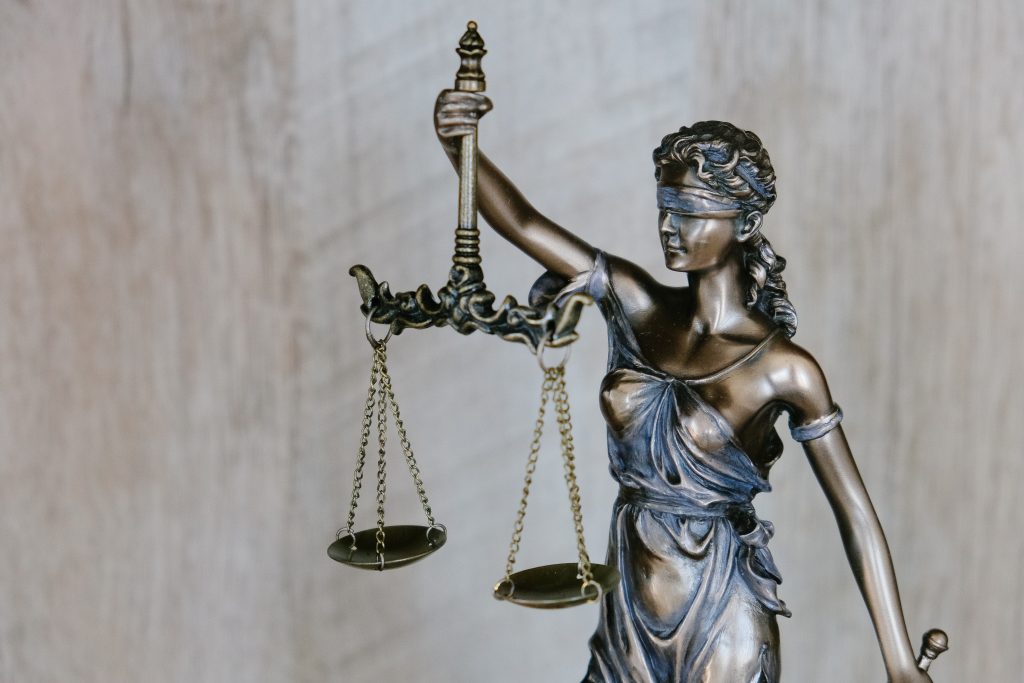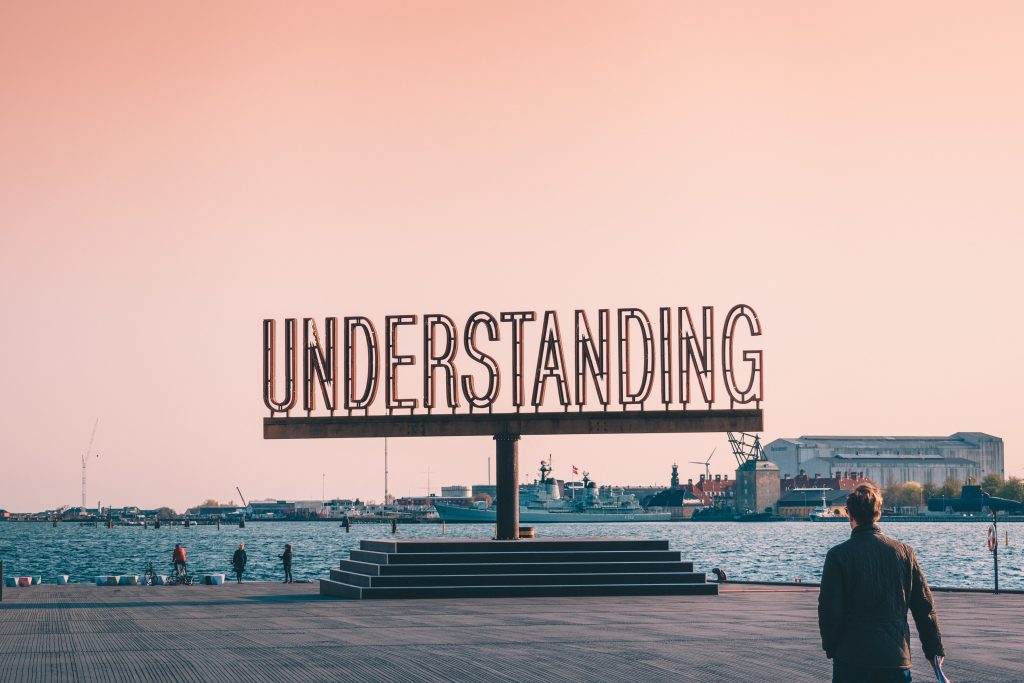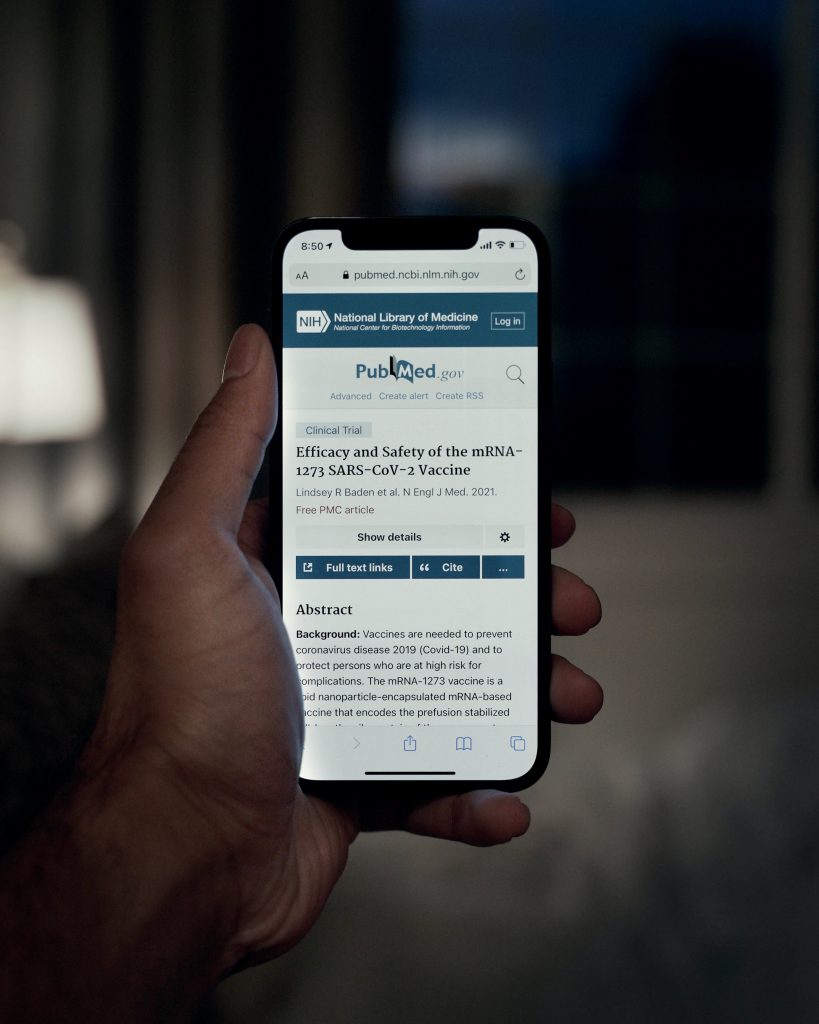In need of financial relief? Look no further than the expertise of a Chapter 13 attorney. With their in-depth knowledge of bankruptcy laws and years of experience, a Chapter 13 attorney can provide you with the guidance and support you need to navigate the complex world of bankruptcy. Whether you’re overwhelmed by mounting debt or facing foreclosure, a Chapter 13 attorney can help you regain control of your financial situation. Don’t let the burden of debt weigh you down any longer – consult a Chapter 13 attorney today and take the first step towards a brighter financial future. Contact us now for a personalized consultation tailored to your specific legal needs.
What is Chapter 13 Bankruptcy?
Definition of Chapter 13 Bankruptcy
Chapter 13 bankruptcy is a legal process that allows individuals or small business owners to reorganize their debts and create a plan to repay them over a period of three to five years. Unlike Chapter 7 bankruptcy, which involves liquidation of assets, Chapter 13 bankruptcy focuses on creating a manageable repayment plan that allows debtors to retain their assets while gradually paying off their debts.
Purpose of Chapter 13 Bankruptcy
The primary purpose of Chapter 13 bankruptcy is to provide individuals and small business owners with a way to regain control of their finances and avoid complete financial collapse. By creating a structured repayment plan, Chapter 13 bankruptcy allows debtors to catch up on missed mortgage or car payments, eliminate certain debts, and prevent foreclosure or repossession of their assets.
Benefits of Chapter 13 Bankruptcy
Chapter 13 bankruptcy offers several benefits to individuals and small business owners facing overwhelming debt. Some key advantages include:
-
Debt Consolidation: Chapter 13 bankruptcy combines all eligible debts into a single repayment plan, making it easier to manage and prioritize payments.
-
Asset Protection: Unlike Chapter 7 bankruptcy, Chapter 13 allows debtors to retain their assets while repaying their debts. This can prevent the loss of a home or other valuable property.
-
Foreclosure and Repossession Prevention: Filing for Chapter 13 bankruptcy puts an automatic stay in place, which halts foreclosure proceedings and prevents creditors from repossessing assets. This gives debtors the opportunity to catch up on missed payments and prevent the loss of their home or car.
-
Reduced Interest and Fees: Through Chapter 13 bankruptcy, debtors may be able to reduce or eliminate certain types of debt, such as high-interest credit card balances or penalties for unpaid taxes.
-
Long-Term Financial Stability: By establishing a repayment plan and sticking to it, debtors have the opportunity to regain control of their finances and work towards a more stable financial future.
When to Consider Chapter 13 Bankruptcy
Financial Situations Suitable for Chapter 13 Bankruptcy
Chapter 13 bankruptcy is often suitable for individuals or small business owners who have a regular income but are struggling to meet their financial obligations. It is particularly beneficial in the following situations:
-
Mortgage Arrears: If you are behind on mortgage payments but want to keep your home, Chapter 13 bankruptcy can help you catch up on missed payments and prevent foreclosure.
-
Car Repossession: If your vehicle is at risk of repossession due to missed payments, Chapter 13 bankruptcy can provide an opportunity to catch up on those payments and retain ownership of your car.
-
Tax Debt: Chapter 13 bankruptcy may allow you to repay your tax debt in manageable installments while potentially reducing or eliminating certain penalties and interest charges.
-
Unsecured Debts: Chapter 13 bankruptcy can be a viable option for individuals struggling with high-interest credit card debt, medical bills, or personal loans.
Alternatives to Chapter 13 Bankruptcy
Before considering Chapter 13 bankruptcy, it is important to explore other debt relief options that may be better suited to your specific financial situation. Alternatives to Chapter 13 bankruptcy include:
-
Debt Settlement: Negotiating with creditors to settle debts for less than what is owed.
-
Debt Consolidation: Combining multiple debts into a single loan or credit line with a lower interest rate.
-
Credit Counseling: Working with a credit counseling agency to create a debt management plan and negotiate lower interest rates with creditors.
-
Loan Modification: Requesting a modification of mortgage terms or other loans to make payments more manageable.
It is advisable to consult with a reputable bankruptcy attorney to determine the best course of action based on your individual circumstances.
Consulting with a Chapter 13 Attorney
Navigating the complexities of Chapter 13 bankruptcy can be challenging, which is why it is crucial to seek guidance from a knowledgeable chapter 13 attorney. A chapter 13 attorney specializes in bankruptcy law and can provide expert advice tailored to your unique financial situation.
During an initial consultation, a chapter 13 attorney will review your case, evaluate your eligibility for Chapter 13 bankruptcy, and discuss potential alternatives. They will analyze your financial situation, income, and debts to help determine if Chapter 13 bankruptcy is a viable solution for your needs.

This image is property of images.unsplash.com.
Qualifying for Chapter 13 Bankruptcy
Eligibility Criteria for Chapter 13 Bankruptcy
To qualify for Chapter 13 bankruptcy, certain eligibility requirements must be met. These requirements include:
-
Regular Income: You must have a regular source of income to demonstrate your ability to repay your debts under a Chapter 13 repayment plan.
-
Amount of Debt: There are specific limits on the amount of secured and unsecured debts that an individual can have to qualify for Chapter 13 bankruptcy. These limits are adjusted periodically and vary based on your financial circumstances.
-
Previous Bankruptcy Filings: If you have previously filed for bankruptcy, there are restrictions on how soon you can file for Chapter 13 bankruptcy again.
-
Credit Counseling: Before filing for Chapter 13 bankruptcy, you are required to complete credit counseling courses from an approved agency within 180 days.
Income Requirements for Chapter 13 Bankruptcy
Chapter 13 bankruptcy requires debtors to have a reliable source of income to ensure the successful implementation of a repayment plan. The income can come from various sources, including employment wages, self-employment earnings, Social Security benefits, and pensions.
The specific income requirements for Chapter 13 bankruptcy vary depending on geographical location and family size. The Chapter 13 Means Test is used to assess your eligibility by comparing your income to the median income in your state. If your income falls below the median, you are generally eligible for Chapter 13 bankruptcy. If it exceeds the median, further analysis is required to determine eligibility.
Debt Limits for Chapter 13 Bankruptcy
Chapter 13 bankruptcy imposes debt limits to prevent abuse of the process. As of 2021, the maximum allowable secured debt is $1,257,850, and the maximum unsecured debt is $419,275. These limits are adjusted periodically to reflect changes in the cost of living.
If your debts exceed these limits, you may not be eligible for Chapter 13 bankruptcy and may need to consider alternative debt relief options or explore Chapter 11 bankruptcy, which is designed for larger debtors.
The Chapter 13 Bankruptcy Process
Preparing and Filing a Chapter 13 Bankruptcy Petition
The first step in the Chapter 13 bankruptcy process is to consult with a chapter 13 attorney to evaluate your eligibility and gather all the necessary financial information. Once you decide to proceed with Chapter 13 bankruptcy, your attorney will assist you in preparing and filing a bankruptcy petition with the bankruptcy court.
The bankruptcy petition includes a detailed schedule of your assets, liabilities, income, expenses, and any other relevant financial information. It is essential to provide accurate and complete information to ensure a successful bankruptcy filing.
Creating a Repayment Plan
After filing the bankruptcy petition, your chapter 13 attorney will work with you to create a repayment plan. This plan outlines how you will repay your debts over a period of three to five years.
The repayment plan takes into account your income, expenses, and the type of debts you owe. Your chapter 13 attorney will help negotiate with creditors to establish manageable monthly payments that prioritize essential debts, such as mortgage or car payments, while treating unsecured creditors fairly.
Confirmation and Implementation of the Plan
Once the repayment plan is created, it must be reviewed and approved by the bankruptcy court. The court’s approval, known as confirmation, ensures that the plan complies with bankruptcy laws and is feasible based on your income and expenses.
After the plan is confirmed, you will make regular monthly payments to a bankruptcy trustee who will distribute the funds to your creditors according to the terms of the plan. It is crucial to make timely payments throughout the repayment period to successfully complete the Chapter 13 bankruptcy process.

This image is property of images.unsplash.com.
Role of a Chapter 13 Attorney
Expertise and Specialization
A chapter 13 attorney specializes in bankruptcy law and has in-depth knowledge of the specific laws and procedures governing Chapter 13 bankruptcy. They understand the intricacies of the bankruptcy code and can effectively navigate the complex legal system to ensure the best possible outcome for their clients.
By working with a chapter 13 attorney, you benefit from their expertise and specialization in bankruptcy law, ensuring that your rights and interests are protected throughout the process.
Guidance and Legal Advice
One of the primary roles of a chapter 13 attorney is to provide guidance and legal advice to individuals considering Chapter 13 bankruptcy. They assess your financial situation, discuss alternative debt relief options, and help you understand the potential implications and consequences of filing for bankruptcy.
A chapter 13 attorney will guide you through the entire bankruptcy process, explaining the requirements, preparing the necessary paperwork, and representing your interests in court proceedings.
Representation in Court Proceedings
Bankruptcy proceedings can involve court appearances and negotiations with creditors. A chapter 13 attorney will represent you during these proceedings, ensuring that your rights are protected and advocating for your best interests.
Should any disputes or objections arise during the bankruptcy process, your chapter 13 attorney will effectively advocate on your behalf and work towards a resolution that aligns with your repayment plan and financial goals.
Choosing the Right Chapter 13 Attorney
Experience and Track Record
When choosing a chapter 13 attorney, it is crucial to consider their experience and track record in handling Chapter 13 bankruptcy cases. Look for attorneys who have successfully guided numerous clients through the bankruptcy process and achieved favorable outcomes.
Ask about their experience in negotiating with creditors, creating repayment plans, and handling court proceedings. A knowledgeable and experienced attorney will have a deep understanding of the intricacies of bankruptcy law and be better equipped to handle any complexities or challenges that may arise during your case.
Client Testimonials and Reviews
Client testimonials and reviews can provide valuable insights into the quality of service provided by a chapter 13 attorney. Look for positive testimonials from clients who have been satisfied with the attorney’s professionalism, responsiveness, and overall experience working with them.
Online review platforms and legal directories often feature client reviews that can help you gauge the reputation and credibility of a chapter 13 attorney.
Initial Consultation and Fee Structure
Before committing to a chapter 13 attorney, schedule an initial consultation to discuss your case and evaluate the attorney’s approach and compatibility with your needs. Many attorneys offer free or low-cost initial consultations to assess your eligibility and provide guidance on the bankruptcy process.
During the consultation, inquire about the attorney’s fee structure and payment options. Chapter 13 bankruptcy fees are typically set by the court and are paid over the course of the repayment plan. Ensure that you fully understand the attorney’s fees and any additional costs associated with the bankruptcy process.

This image is property of images.unsplash.com.
Benefits of Hiring a Chapter 13 Attorney
Maximizing Debt Relief Options
A chapter 13 attorney can help you explore all available debt relief options and determine if Chapter 13 bankruptcy is the best solution for your needs. They have the knowledge and experience to assess your financial situation, evaluate alternatives, and determine the most effective path to debt relief.
By working with a chapter 13 attorney, you can maximize your debt relief options and ensure that you choose the solution that offers the greatest long-term benefits for your financial well-being.
Navigating Complex Legal Processes
The Chapter 13 bankruptcy process involves complex legal procedures, paperwork, and court hearings. Attempting to navigate these processes on your own can be overwhelming and increase the risk of errors or omissions that could negatively impact your case.
A chapter 13 attorney has a thorough understanding of the legal requirements and procedures involved in Chapter 13 bankruptcy. They will ensure that your bankruptcy petition is accurately prepared, all necessary documentation is filed on time, and your interests are represented in court.
Protecting Your Rights and Interests
When facing overwhelming debt, it is crucial to have someone who can protect your rights and advocate for your best interests. A chapter 13 attorney serves as your legal representative, ensuring that your rights are protected throughout the bankruptcy process.
They will negotiate with creditors, challenge any objections or disputes raised by creditors, and advocate for your repayment plan in court. By having a dedicated legal professional on your side, you can have confidence that your rights and interests are being safeguarded.
Frequently Asked Questions about Chapter 13 Bankruptcy
How long does Chapter 13 bankruptcy take?
The duration of Chapter 13 bankruptcy varies based on the repayment plan agreed upon by the debtor and the bankruptcy court. Typically, Chapter 13 bankruptcy lasts for three to five years. However, in certain circumstances, the plan can be extended up to seven years.
Will Chapter 13 bankruptcy stop foreclosure?
Yes, filing for Chapter 13 bankruptcy will put an automatic stay in place, which halts foreclosure proceedings. This gives you the opportunity to catch up on missed mortgage payments and prevent the loss of your home.
Can I keep my property in Chapter 13 bankruptcy?
Chapter 13 bankruptcy is designed to help individuals keep their property while repaying their debts. As long as you continue making payments according to your repayment plan, you can retain ownership of your home, car, and other valuable assets.
Contacting a Chapter 13 Attorney
Phone Consultations
To begin the process of exploring Chapter 13 bankruptcy as a debt relief option, you can contact a chapter 13 attorney via phone for an initial consultation. During this consultation, you can discuss your financial situation, assess your eligibility for Chapter 13 bankruptcy, and get an overview of the bankruptcy process.
Scheduling a Personal Consultation
If you prefer a more in-depth discussion regarding your specific financial circumstances, you can schedule a personal consultation with a chapter 13 attorney. This face-to-face meeting allows the attorney to gather more information about your case and provide tailored advice regarding your debt relief options.
Convenient Office Locations
Chapter 13 attorneys often have multiple office locations to make it easier for clients to consult with them. They understand that dealing with overwhelming debt can be stressful, so they strive to provide convenient locations where you can meet with them in person.
Consult the attorney’s website or contact their office to inquire about the location nearest to you.
Conclusion
Chapter 13 bankruptcy provides a viable solution for individuals and small business owners facing overwhelming debt. It allows debtors to reorganize their debts, protect their assets, and work towards regaining control of their finances.
While Chapter 13 bankruptcy offers significant benefits, it is essential to consult with a reputable chapter 13 attorney before proceeding. A chapter 13 attorney will guide you through the entire process, ensure your rights are protected, and help you achieve the best possible outcome for your financial future.
If you are struggling with debt and considering Chapter 13 bankruptcy, contact a chapter 13 attorney for a consultation today. Take the first step towards a brighter financial future and regain control of your economic well-being.


